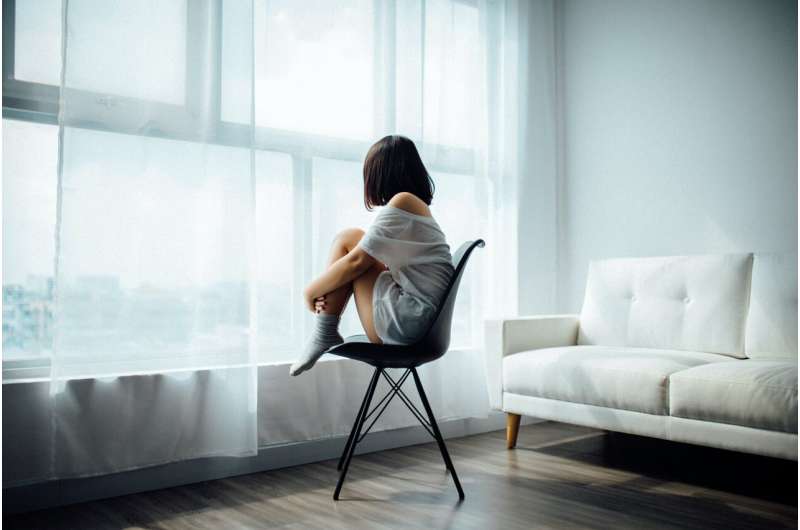Study shows lack of follow-up care for youth, young adults after mental health hospitalization or ER visit

In a study of more than 100,000 emergency room visits and 95,000 mental health hospitalizations of youth and young adults with private insurance, less than half who visited the emergency room had follow-up care within 30 days, and two-thirds of those hospitalized received follow-up care within that same time period.
The study, online today in the journal Psychiatric Services, is from a team of researchers at UMass Chan Medical School, and involved patients ages 12-27 with private insurance, who visited the emergency room or were hospitalized following an acute mental health event (such as major depressive disorder, bipolar disorder, schizophrenia, anxiety disorders or phobias). The researchers looked at records of more than 95,000 hospitalizations and more than 100,000 emergency room visits by youth and young adults between 2013 and 2018.
Among youth and young adults who visited the emergency room for a mental health reason, about 29% received follow-up within seven days and 46% within 30 days. Among those hospitalized, 43% received follow-up care within seven days and 67% within 30 days.
The youth and young adults with self-harm or suicide ideation or attempt were more likely to receive follow-up, yet more than half did not receive follow-up within seven days of acute service use. "The 65.7% of patients who did not receive follow-up within 7 days of an ER visit related to suicide represent a major gap in care," the study authors note.
Individuals who had established care—either primary care or mental health care—prior to the emergency room visit or hospital stay were more likely to receive follow-up care than those without. Individuals with both primary and mental health care were more likely than those with either one alone. The researchers also found that follow-up rates were especially low among those with a comorbid substance use disorder.
"The U.S. Surgeon General has declared the state of children and youth mental health a crisis, and this Psychiatric Services study unfortunately bears out that declaration," said Psychiatric Services editor Lisa Dixon, M.D. "Follow-up care is extremely important after a serious psychiatric emergency that requires use of hospital or ER. The fact that in the current system it just isn't happening is extremely worrisome and calls for increased investment in mental health and further study to understand its causes."
The authors conclude that "having both established primary care and mental health care is essential to improving follow-up after acute mental health care use." They suggest that integration of primary and mental health care may help improve follow-up rates.
The study authors include Julie Hugunin, B.S., Maryann Davis, Ph.D., Celine Larkin, Ph.D., Jonggyu Baek, Ph.D., Brian Skehan, M.D., Ph.D., and Kate L. Lapane, Ph.D.
More information: Julie Hugunin et al, Established Outpatient Care and Follow-Up After Acute Psychiatric Service Use Among Youths and Young Adults, Psychiatric Services (2022). DOI: 10.1176/appi.ps.202200047





















